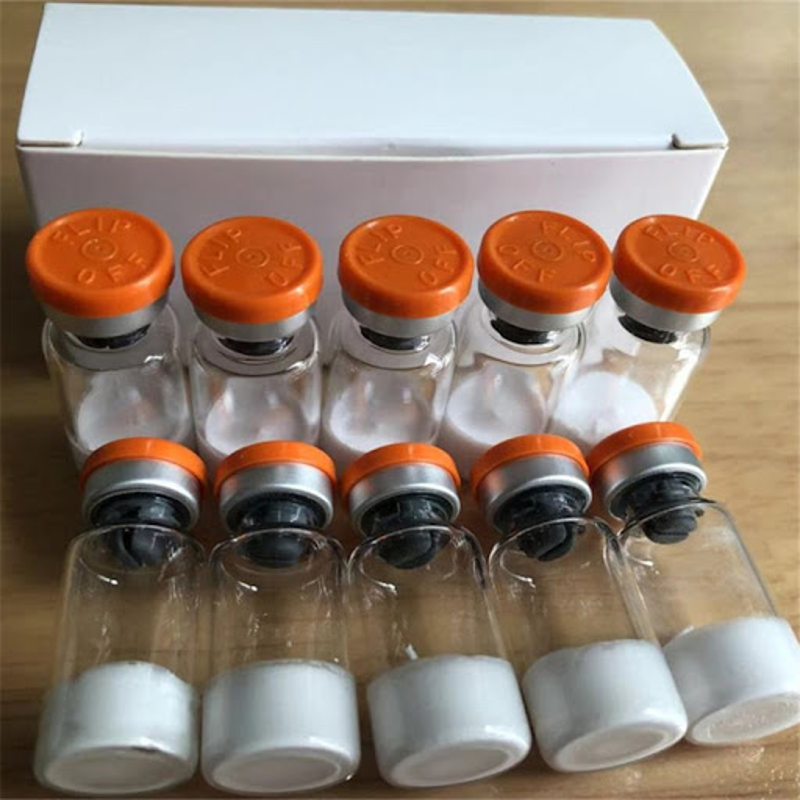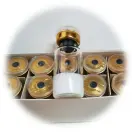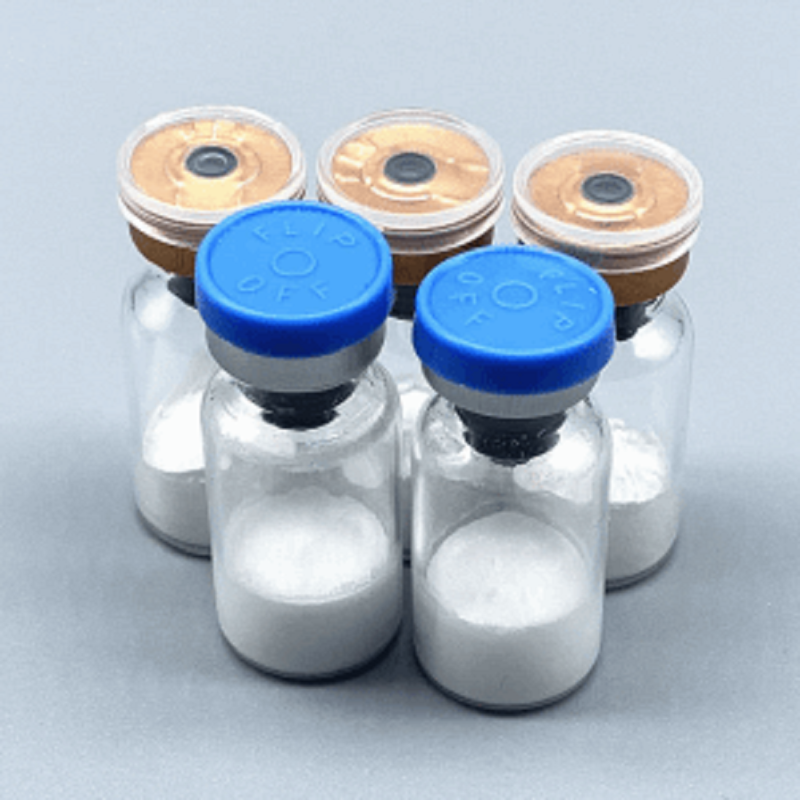-
Categories
-
Pharmaceutical Intermediates
-
Active Pharmaceutical Ingredients
-
Food Additives
- Industrial Coatings
- Agrochemicals
- Dyes and Pigments
- Surfactant
- Flavors and Fragrances
- Chemical Reagents
- Catalyst and Auxiliary
- Natural Products
- Inorganic Chemistry
-
Organic Chemistry
-
Biochemical Engineering
- Analytical Chemistry
-
Cosmetic Ingredient
- Water Treatment Chemical
-
Pharmaceutical Intermediates
Promotion
ECHEMI Mall
Wholesale
Weekly Price
Exhibition
News
-
Trade Service
As a chronic kidney disease patient, we should do two things in daily life: First: take the medicine on time Second, we need to shut up and eat scientifically Then how to eat reasonably? Simply put: low protein diet, enough energy supply, strict low sodium diet, strict low phosphorus diet, reasonable potassium intake, and low fat diet, referred to as "4 low 1 to 1 enough" I high quality and low protein diet Protein is an essential nutrient for human body, but the ability of excretion of waste by kidney is greatly reduced in patients with chronic kidney disease If they eat too much protein food, the metabolic waste produced by protein decomposition will be accumulated in the blood of the body and become uremic toxin, which will aggravate the disease It is recommended to eat foods with high quality protein content, such as eggs, milk, fish, soybeans, etc (also not to eat more!), health products, such as: Sanjiu protein peptide (human absorption protein is in the form of peptide absorption), for other beans, grains, fruits and other high quality protein content is low, eat less
II Sufficient energy supply Three meals a day in the control of protein intake, but also to ensure adequate energy intake Most of the food can supplement energy, especially starch, sugar, grains, fruits, vegetables, fat and oil However, if the energy obtained is reduced due to the control of protein intake, it is necessary to choose more other low protein food that can provide energy, such as wheat starch, other energy supplements, etc How about the amount of energy needed? Experts recommend that patients with chronic kidney disease take in 30-35 kcal / day of calories, such as 60 kg of body weight and about 1800-2100 kcal / day of energy According to this formula, it's better to know how much energy you need! 3 Strict low sodium diet Low sodium is a low salt diet Ham, instant noodles, plum, etc are all high sodium foods You must avoid them You can choose some low sodium foods such as soy milk, salt free butter, rice, etc The American dietician Association recommends up to 2 grams of sodium per day (equivalent to 4 grams of salt) for patients with chronic renal failure, and studies suggest up to 2.4 grams of sodium per day (equivalent to 5 grams of salt)
IV strict low phosphorus diet Phosphorus is a mineral that helps to keep the bones strong With the decrease of renal function in patients with chronic kidney disease, the level of phosphorus in the blood will increase, resulting in skin itching or joint pain and bone calcium loss Therefore, it is necessary to limit the intake of high and medium phosphorus foods, including milk, cheese and other dairy products and protein foods such as meat, fish and poultry It is suggested that phosphate is added to seeds, nuts, dried peas, coarse grains, processed foods, cans, instant noodles, most processed meats and many drinks (especially cola), so it is necessary to hold back your mouth! However, the phosphorus content of apples, kale and guava is relatively low, so you can eat more
V reasonable potassium intake Patients with chronic kidney disease need to follow doctor's advice to control potassium intake according to the results of hospital examination 1 In the case of chronic kidney disease stage 1-4, if the daily urine volume is more than 1000 ml (equivalent to 1 bottle of semi pure water), the general blood potassium can maintain the balance without special potassium restriction; 2 In the case of 5-stage chronic kidney disease, hyperkalemia may be caused by further decrease of glomerular filtration rate, oliguria or use of some drugs, which may cause abnormal cardiac conduction and contraction, or even death Therefore, do not eat foods with too much potassium, such as potatoes, pumpkins, oranges, bananas, spinach, tomatoes, dried peas, etc; 3 It is undergoing peritoneal dialysis treatment and does not need excessive potassium restriction; 4 In the process of hemodialysis, it is necessary to strictly limit the potassium intake to prevent the high level of blood potassium during the treatment
Vi low fat diet There are a lot of saturated fatty acids in meat, which is easy to lead to obesity, hypertension and other complications Patients with chronic kidney disease should eat less meat; unsaturated fatty acids are good for the body, and can be properly eaten more, such as mushrooms, wax gourd, kelp and other vegetables, as well as pomegranate, hawthorn, orange and other fruits In general, the intake of fat should account for 30% of the total energy, of which the energy from saturated fatty acids should be less than 10%, and the cholesterol in the whole day's diet should not be more than 300 mg, so if you want to eat the kidney tonic, give up!!







